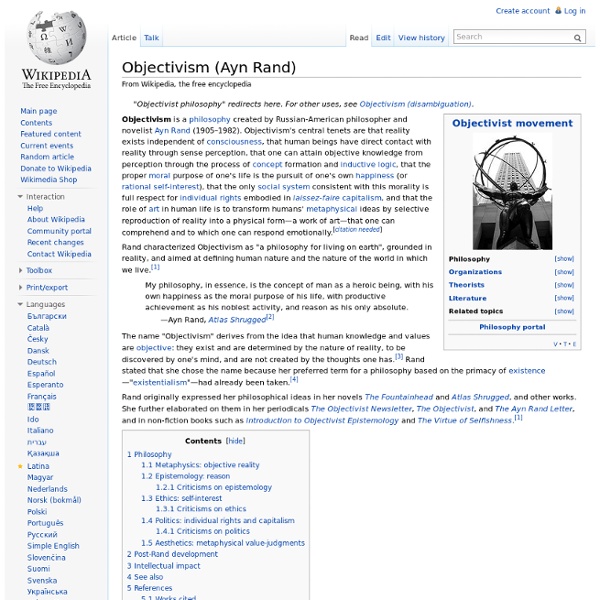Objectivism (Ayn Rand)

The Andromedian Holographic Projector | Pyradyne
The Andromedian Holographic Projector is extremely complex in its capabilities and powers. Dr. Bell always told people, when using one of these “be careful what you think” and remember “the mind is the slayer of the real.” Second thing to remember is “energy follows thought”. Here we explore both the pendant and the stand alone projector, the history of how they were discovered by Dr. Fred Bell, putting them to use and also how to purchase your own Projector. Projector History; Beginning with the Receptor The nuclear receptor has been a great asset and has touched the lives of millions of people worldwide. The next factor we need to examine is what happens when matter extends itself into space. The Nuclear Receptor worn on the body in the proper manner, the little pyramids on the disk shape will be facing horizontally or vertically. As it passes by the backside of the receptor, it is subjected to yet another field produced by the Jahnin mantra. © Copyright 2012, Pyradyne, LLC.
Prognos | Lotus Star
Lotus Star conducts regular workshops and seminars as follows: We are also known for organizing workshops for visiting practitioners. Be sure to join our mailing list and become a Facebook Fan to be kept informed on our upcoming workshops, events, meditations and news. Usui Traditional Reiki I and II Reiki is a simple, practical, hands – on healing technique that can be learnt and practiced by anyone with a sincere desire for improved health and well – being. First Degree Students receive attunements, which align and open their energy centers to Reiki. Second Degree This level allows a more comprehensive use of Reiki.
Related:
Related:



